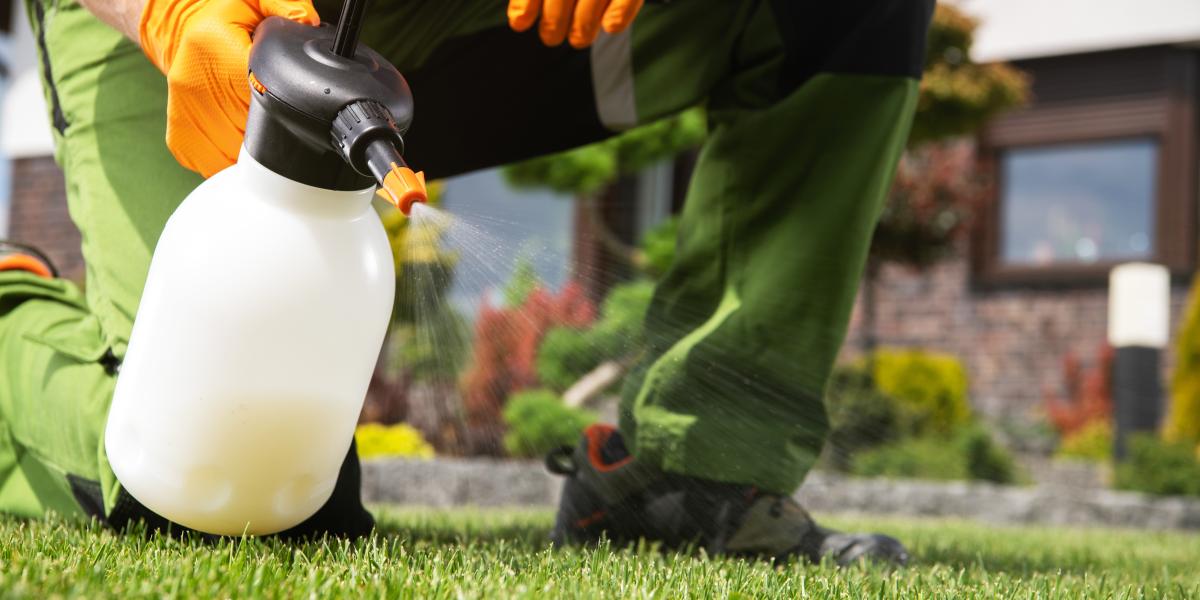You are here

On 14 July 2023 the Australian Industrial Chemicals Introduction Scheme (AICIS) published a notice announcing the enforcement date of import and export authorization of decabromodiphenyl ether (decaBDE), perfluorooctanoic acid (PFOA), and PFOA-related compounds that is set to begin on 21 July 2023.
Following the June 2023 notice, changes have been implemented under the issuance of the Industrial Chemicals (General) Amendment (Rotterdam Convention) Rules 2023, published on 28 June 2023.
3E Review
Annual Import/Export Authorization Requirement of Rotterdam Convention Chemicals
The changes align Australia’s action with the recent amendment of chemicals subject to the prior informed consent (PIC) procedure under Annex III of the Rotterdam Convention on the Prior Informed Consent Procedure for Certain Hazardous Chemicals and Pesticides in International Trade (Rotterdam Convention). Specifically, the Industrial Chemicals (General) Amendment (Rotterdam Convention) Rules 2023 revised the Industrial Chemicals (General) Rules 2019 by adding the following chemicals to the Australian list of chemicals that require AICIS's annual import and export authorization:
- Decabromodiphenyl ether (decaBDE)
- Perfluorooctanoic acid (PFOA) and its salts
- PFOA-related compounds
From 21 July 2023 onward, businesses must apply and obtain written approval from the AICIS Executive Director before they import or export these chemicals in Australia. Information required for approval includes safety data sheets (SDS) that “follow an internationally recognized format and display the most up-to-date information available,” according to the authority. Other obligations, including record-keeping, also apply.
Exemptions: The rules do not apply to the following cases
- Import and export of chemicals solely for research or analysis at 100 kg or less in an AICIS registration year (30 August to 1 September)
- The following fluorinated chemicals:
- C8F17-X, where X=F, Cl, Br
- C8F17-C(=O)OH
- C8F17-C(=O)O-X′ (where X′=any group, including salts)
- C8F17-CF2-X′ (where X′=any group, including salts)
Control of PFOAs, Other PFAS, and PFAS-Related Substances in Australia
Australia applies special conditions to the trading of chemicals subject to international agreements. The coverage includes control of various per- and polyfluoroalkyl substances (PFAS), which are listed in the annexes of the Rotterdam Convention and the Stockholm Convention on Persistent Organic Pollutants (Stockholm Convention). Apart from PFOAs, the list of chemicals subject to Australia import/export conditions already include perfluorooctane sulfonate acid (PFOS), perfluorooctane sulfonamide (PFOSA), and perfluorooctane sulfonyl fluoride (PFOSF), among others.
3E Analysis
Companies engaged in importing and exporting these chemicals in Australia should review the complete list of chemicals and CAS RNs subject to the rules. For application forms, fees, and required information, please visit the AICIS import or export authorization information pages. Those who wish to claim the exemptions, such as research and development, should ensure that the activities meet all the required criteria.

 Top
Top